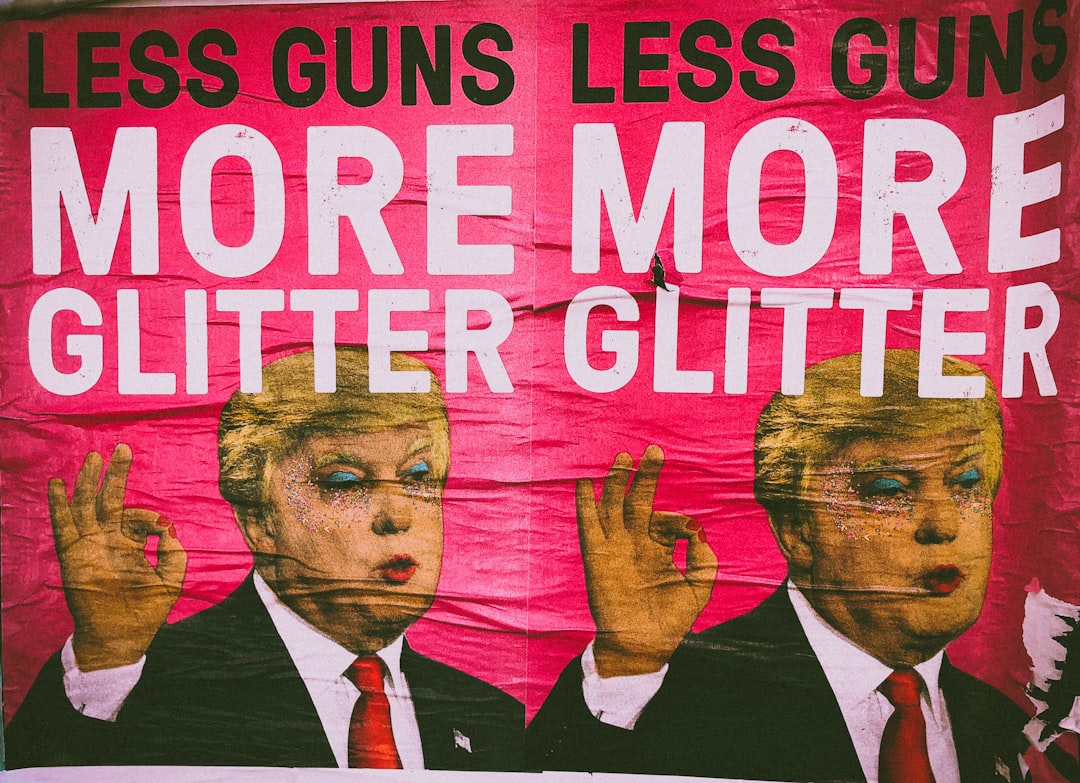What is it about?
Why despite constant allusions to slavery doesn't La Tribuna engage in the question of slavery more explicitly? To answer this question I analyze the novel's and the author's position on race, which draws not only on Cuban slavery but also on the historical concept of pureza de sangre. My proposal, helps, in turn to explain some of the novel's ambiguities with respect to its main heroine and illuminate the author's conflicted positions on gender and sexuality.
Featured Image
Why is it important?
This essay provides a unique transatlantic interpretation of the novel, one in which the question of race and slavery is addressed in connection with the historical question of pureza de sangre. In the larger context of 19th-century Hispanic peninsular studies devoted to gender, it shows the need to understand Spanish discourses of class, gender and sexuality within a transatlantic and racial perspective.
Read the Original
This page is a summary of: Fantasies of Race: A Transatlantic Approach to Class and Sexuality in Emilia Pardo Bazán’sLa Tribuna1, Bulletin of Hispanic Studies, June 2015, Liverpool University Press,
DOI: 10.3828/bhs.2015.31.
You can read the full text:
Contributors
The following have contributed to this page










